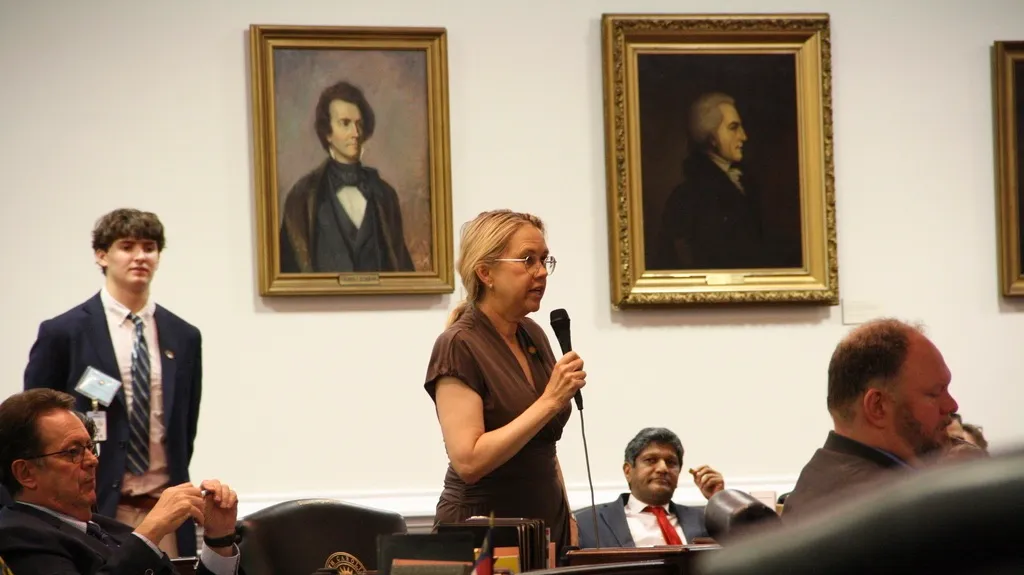July 17, 2017
Latino Commission on AIDS Releases National Report on Hispanic Elders with HIV
READ TIME: 2 MIN.
The Latino Commission on AIDS and the Hispanic Health Network release a national report "Illuminating the Needs of the Forgotten "Olvidados: A National Health Assessment of Hispanic/Latinos Growing Older with HIV."
The impetus for this assessment was our concern that current research does not adequately address the needs of the aging Hispanic/Latino population that is living with HIV. Since Hispanics/Latinos generally encounter many obstacles in accessing health care, it is important to understand whether these barriers remain consistent through the life course or whether they aggravate among this more ignored and vulnerable subgroup.
There is a pressing need to examine the health care of a population that is too often forgotten -- "Olvidados" This report, the first of its kind, describes the results of a national community needs assessment for primarily Spanish speaking Hispanics/Latinos, aged 50 and older, who are living with HIV. In a yearlong project, the Commission visited cities with high rates of HIV including Houston, and San Antonio, Texas; Fajardo, Camuy, and San Juan, in Puerto Rico; New York City, New York; Los Angeles, California, and Miami, Florida.
"It is urgent to understand the needs of people growing older and living with HIV. We must be the voice of the voiceless to ensure we meet their prevention, care and social needs free of stigma and discrimination at every level", said Guillermo Chacon, President of the Latino Commission on AIDS and founder of the Hispanic Health Network.
"It is important to study the structural and social determinants of HIV/AIDS disease among older Latinos and to develop effective responses. Special attention must be dedicated to understanding the unique realities of both U.S.-born and foreign-born Hispanic populations in our nation," added Dr. David Garcia, Director of Research and Evaluation and Principal Investigator for the Latino Commission.
See the infographics below for some of the report's findings:


